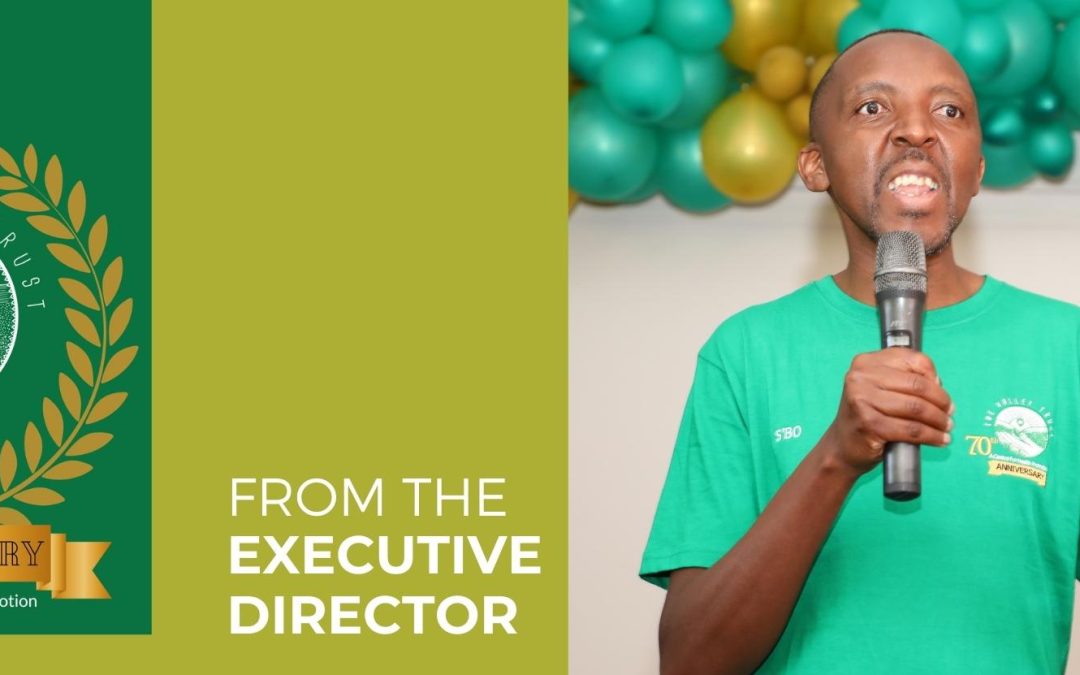70 Years Tells A Story - Sbo Vilakazi
The late and highly respected Brazilian philosopher and educator, Paulo Freire, taught that development practitioners must make every effort to give communities the power to take charge of their own lives. This is easier said than done. However, this idea has been at the core of TVT’s work from when the organisation started to the present day. In the rich history of TVT, 70 years tells a story.
Having been formed in 1953, TVT predates the ideas of Paulo Freire which were made popular in his famous book, Pedagogy of the Oppressed, which was only published in English in 1970. Long before Freire, our founder, the late Dr Halley Stott, appreciated the importance of meaningful engagement with communities and sought to implement it in his work with the Zulu people of the Valley of 1,000 Hills. This was against the popular thinking of the time, especially when apartheid was just taking hold.
From early on in his life, Dr Stott understood the link between health and the social determinants of health, which is to say that he recognised that being healthy depended on not just what you ate and drank but on every other aspect of how you lived. He was also convinced that it was possible to keep yourself healthy at home and not need to visit the clinic due to preventable diseases.
In this way, one could shut what Dr Nigel Stott, the recently deceased son of Dr Halley Stott, called ‘the revolving door of malnutrition’: people getting treated in clinics for ailments caused by poor nutrition and then going back into the same social conditions that made them sick in the first place, only to end up back at the clinic. This was why soon after starting the Botha’s Hill clinic in 1951, Dr Stott formed The Valley Trust in 1953 which acted as the outreach arm of the clinic and educated community members about staying healthy in their communities and homes.
The work of TVT did not end with health education. The organisation provided practical assistance which helped to improve the lives of local people in many ways. This included the building of roads, bringing piped water into the valley for the first time, building health posts to improve access to medical care in remote parts of the valley, building recreational facilities, establishing a local fresh produce market, introducing labour-intensive infrastructure projects to improve skills and employment among locals, adoption of appropriate technologies and many other initiatives that addressed the medical, social and economic health of local communities.
In all this work, Dr Stott prioritised maintaining a close relationship and collaboration with local communities, understanding and respecting traditional culture and practice as well as seeking to strengthen the ties between communities and their natural resources. Nowhere is this respect for tradition more obvious than the fact that Ethekwini was the first municipality in the country, and might still be the only one, that formalised a close working relationship between traditional leaders and the municipality, an initiative that was pioneered by TVT.
In the way that he went about his work, Dr Stott became a trailblazer and established the principles and practices of field of health promotion, which the international scientific community only formalised as a discipline in the late 1970s. I believe the acknowledgement of and respect for local communities was critical in making TVT as successful as it was able to become and has enabled the organisation to last as long as it has.
In the present-day, TVT has not lost site of the Freirean mandate and has retained its strong focus on facilitating the ability of communities to take charge of their own lives. The organisation’s activities have evolved to respond to the areas of greatest importance to local communities at this time. We are proud of the unique heritage we enjoy, and strive to deepen it even more in our work.
We thank all those who took the time to celebrate our 70th anniversary with us, and we look forward to more years of positive contribution towards the wellbeing of our partner communities.

